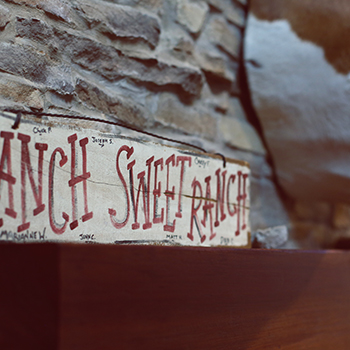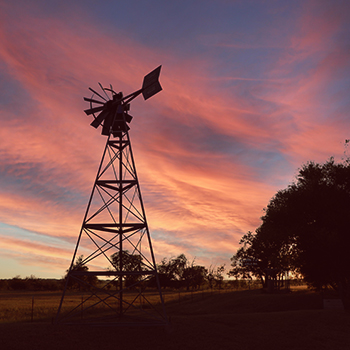LONG-TERM CARE
Rehabilitation programs are categorized as “long-term” if they are designed to run longer than ninety days. Depending on the recovery rate of the patient, these programs can extend to a year or longer.
Individuals are best served in long-term programs if they are having problems that cannot be resolved in programs of a shorter tenure. For example, additional time may be needed to address all concurrent issues, the patient’s drug or drinking patterns have not abated, or the patient has relapsed and the old patterns of abuse have resurfaced. The duration of a long-term program is tailored to the needs of the individual.
Long-term drug and alcohol rehabilitation programs have the highest success rates when it comes to ending the cycle of destructive behavior manifested through substance abuse. Top facilities design treatment programs tailored to each patient, involve the community of the entire staff, have an indeterminate length of stay to reduce the danger of relapsing, and offer powerful aftercare programs for patients and their families.
Short-Term Care
This second point makes it easier for reticent individuals to come to terms with their addiction and make the appropriate adjustment to a longer program. As a closed-cycle concept, though, short-term care has limited success.
Outpatient Care
Outpatient programs are flexible, able to adapt to changing circumstances, and capable of modification if a program’s effectiveness falters.
EXTENDED CARE PROGRAM
Extended care drug rehabilitation is usually post-treatment methodologies designed to maintain a drug or alcohol free life. It can be extended stays at treatment facilities, participation in a 12 Step program, outpatient treatment, sober living facilities, private therapy, or any combination of these.
Regardless of the processes of extended care programs, the goal is preventing a relapse to old behaviors. Contact Burning Tree Ranch to learn more about our level of care.









